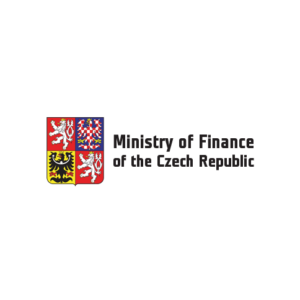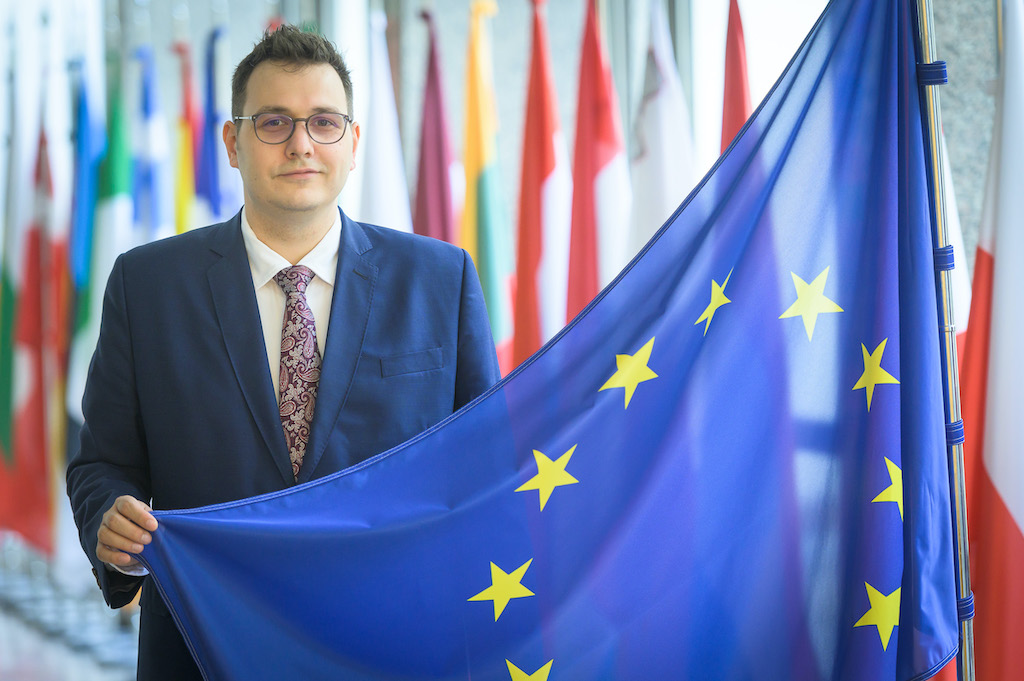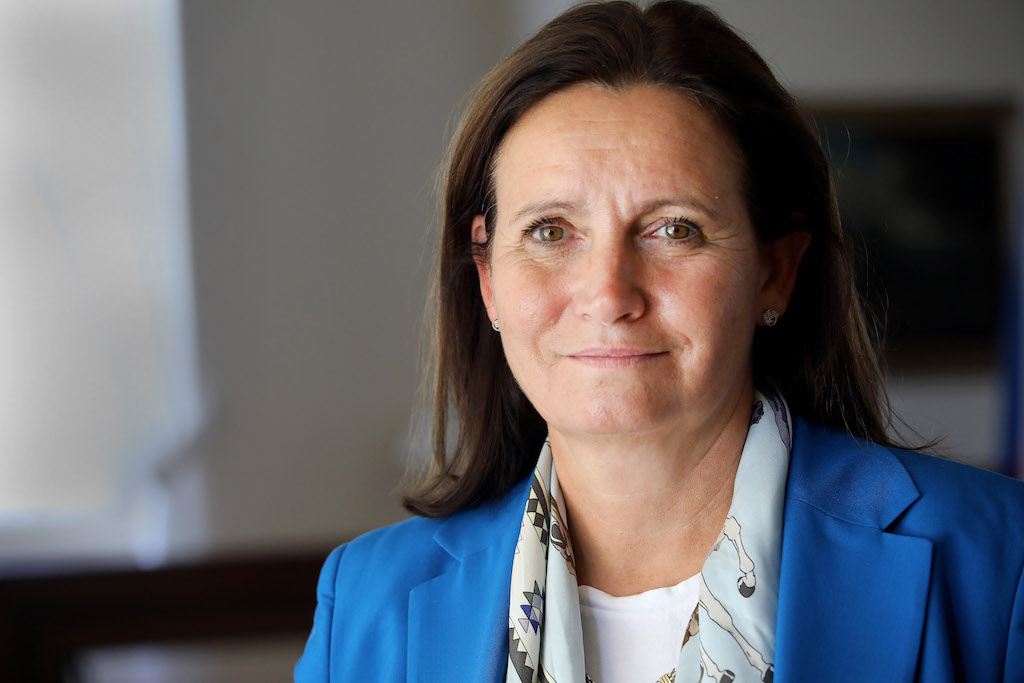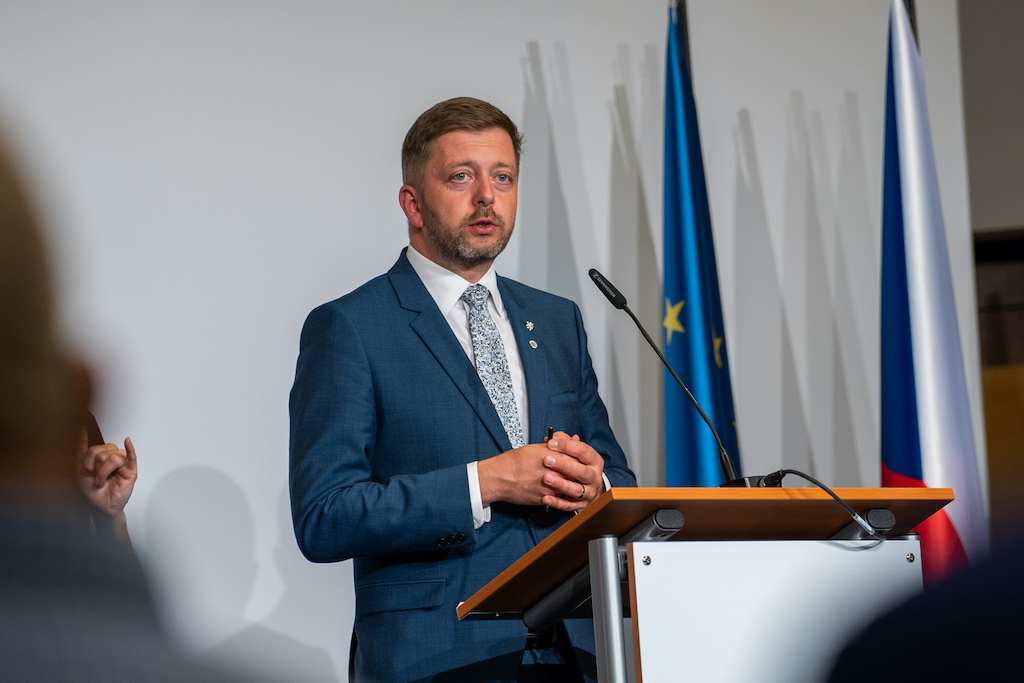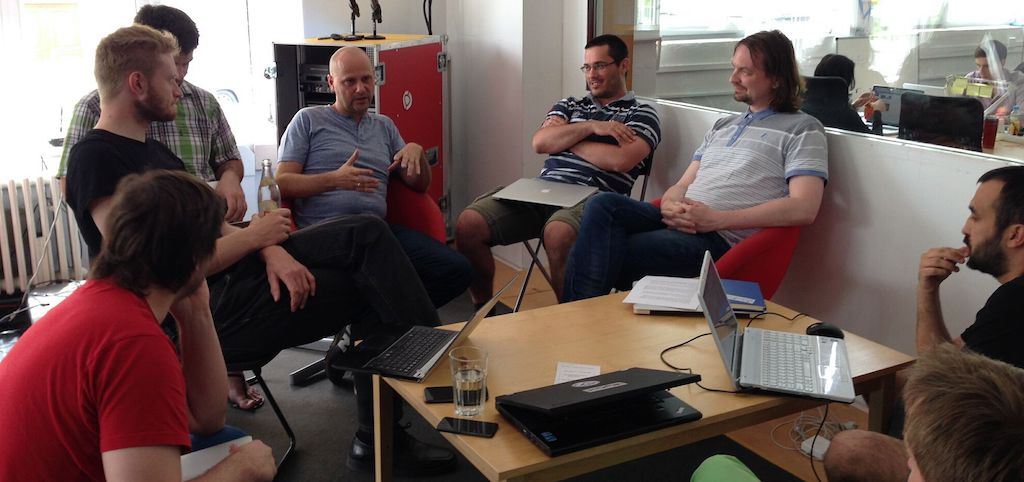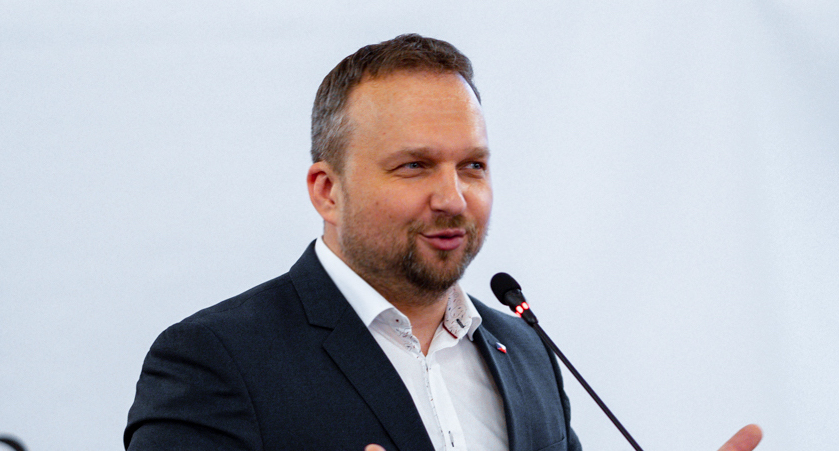 Zbyněk Stanjura Finance Minister of the Czech Republic
Zbyněk Stanjura Finance Minister of the Czech Republic
The main priorities of the Ministry of Finance during the Czech Presidency will be to continue the debate on the reform of fiscal rules and to promote sound and sustainable public finances. We will focus on the continued implementation and flexible disbursement of National Recovery Plans to support Europe’s economic recovery not only after the coronavirus crisis but also in the context of the war in Ukraine. In the tax area, we will discuss the amendment of the Energy Directive and the implementation of the OECD global agreement on the taxation of multinational companies. Last but not least, the MoF will lead negotiations on the EU budget for 2023.
The Government presented the main priorities of the Czech Presidency of the Council of the European Union (CZ PRES), which are the management of the refugee crisis and the post-war reconstruction of Ukraine, energy security and getting rid of dependence on Russian energy resources, strengthening European defence capabilities and cyber security, and the strategic resilience of the European economy and democratic institutions. In addition to these priorities, the Ministry of Finance has published its priorities in the ECOFIN Council, which can be divided into four main areas: economic policy, taxation, the EU budget and financial services.
“The key will be to take over the presidency smoothly from the French, to work with the Commission and Parliament and to continue to moderate discussions on the ongoing European proposals at Ecofin Council meetings. The priority areas for us will definitely be the disbursement of national recovery plans, the return to fiscal discipline, managing the refugee crisis and Europe’s energy security. I also believe that we will soon get to the issue of the reconstruction of post-war Ukraine, which will bring a number of business opportunities,” says Finance Minister Zbyněk Stanjura.
Economic policy
One of the main tasks of CZ PRES in the ECOFIN Council will be to lead discussions on the implementation of the Recovery and Resilience Facility (RRF) and possible revisions of national recovery plans to better accentuate the current economic challenges related to the war in Ukraine. The possibility of greater flexibility in the use of European money from National Recovery Plans would allow for greater involvement of these funds, for example, in the management of the refugee crisis and the integration of refugees into the labour market, the education system and society in general. The Ministry of Finance will also actively engage in debates on reforming fiscal rules. According to the MoF, EU governments should actively reduce their high debt levels, not only from the covid years, and should gradually return to a fiscally responsible policy.
Taxes
In the area of taxation, the MoF will generally strive to simplify the tax system and reduce the number of unjustified tax exemptions. As regards indirect taxes, we will continue to prepare the amendment of the Directive on taxation of energy products and electricity and its adaptation to the current climate targets. By simplifying and modernising VAT rules to better adapt them to the digital age, EU Member States will be able to fight tax evasion more effectively. Regarding direct taxes, following the progress of the French Presidency, the debate on the setting of taxation of the digital economy and the implementation of the OECD global agreement on the taxation of multinational companies in the EU legal framework will be crucial. Further updating of the European list of tax non-cooperative jurisdictions will also be a priority for us.
EU budget
The key task of CZ PRES will be to reach an agreement on the EU budget for 2023 and to negotiate a compromise between the EU Council and the European Parliament. The Czech Republic’s chief negotiator for the 2023 EU budget will be Deputy Minister Jiří Georgiev. The CZ PRES will also discuss the possibility of introducing new EU own resources, which should contribute to the reform of the revenue side of the European budget without having a negative impact on business and economic production. Possible new EU resources include revenues from emission allowances or the so-called carbon duty, which aims to reflect the price of emission allowances in the price of importing goods into Europe. This should prevent energy-intensive production from shifting from Europe to third countries and thus circumventing the EU’s stricter climate rules.
Financial services
In the area of financial services, we will promote the stability of financial markets and ensure adequate consumer protection. We will continue to discuss specific proposals, including the revision of the rules on credit institutions, bank crisis management, the Solvency II insurance directive, the revision of the rules on the financial instruments market and the development of the Capital Markets Union. Of course, a more effective approach to combating money laundering and terrorist financing is also a priority.
